Insights
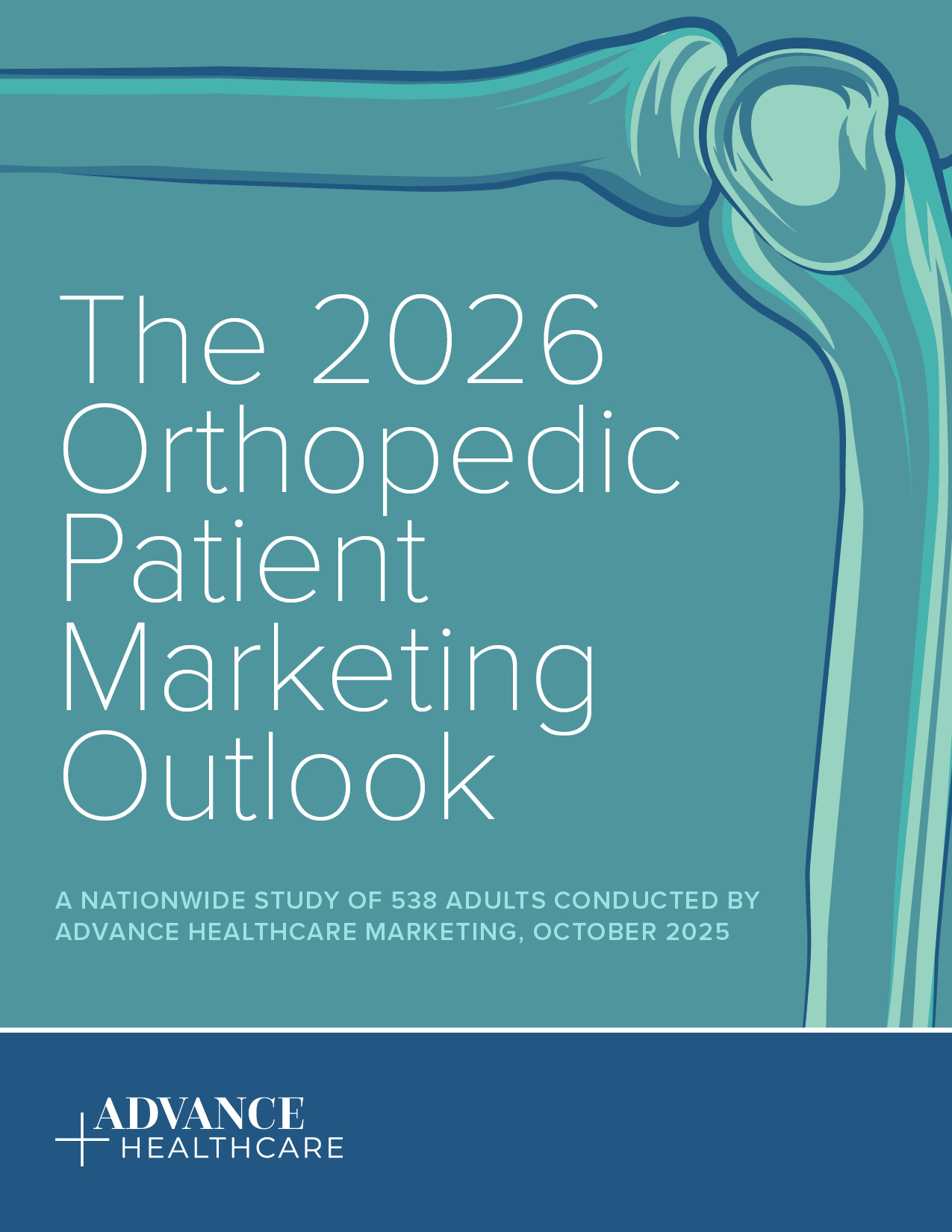
OUR LATEST WHITEPAPER
The 2026 Orthopedic Patient Marketing Outlook
A nationwide study of 538 adults reveals how orthopedic patients search, compare, and choose providers – and how AI, digital behavior, and cost anxiety are reshaping healthcare marketing in 2026.
This exclusive nationwide survey breaks down what patients actually want from orthopedic providers, how they make decisions, and the digital friction points that quietly kill conversions. If your practice isn’t prepared for the 2026 landscape, this report shows you exactly where to start.
As healthcare marketers, we’re always on the lookout for stories that not only inspire but also illuminate the real impact of medical care. Lindsey Vonn’s [...]
Traditional SEO is fading. AI summaries and patient expectations are rising. The practices that adapt now will own the next wave. Our whitepaper boils it down to five moves that matter most.
Lack of pricing information, difficulty reaching staff, incomplete website content...these are deal breakers for a potential patient. This practical checklist will help you identify and remove these friction points before they impact your patient acquisition.
Patients aren’t just looking for “education.” They’re looking for the specific details that reduce risk, uncertainty, and financial anxiety. This means putting provider information, services offered and procedure information front and center.
The AI shift in orthopedic marketing isn’t theoretical — it’s already here. Every generation is using AI to research conditions and treatments, find providers in their area, and to understand MRI and X-ray reports. If you’re not showing up in AI results, you’re invisible.
The AI shift in orthopedic marketing isn’t theoretical — it’s already here. Every generation is using AI to research conditions and treatments, find providers in their area, and to understand MRI and X-ray reports. If you’re not showing up in AI results, you’re invisible.
If your website still reads like a brochure, your referral strategy is doing more work than it should. At 59%, healthcare provider websites are the top source patients use to learn about orthopedic services. No matter the generation, the search for healthcare always begins online.
Our survey found more than half of orthopedic patients are coming in for non-surgical treatments and spine/back care. Joint replacements, rehab and recovery, sports medicine, and pediatrics all follow — but the mix changes dramatically by generation.
Orthopedic decisions don’t start in the exam room anymore. Headed into 2026, patients are relying less on physician referrals and more on the same behaviors they use to choose a mountain bike or a new pair of shoes.



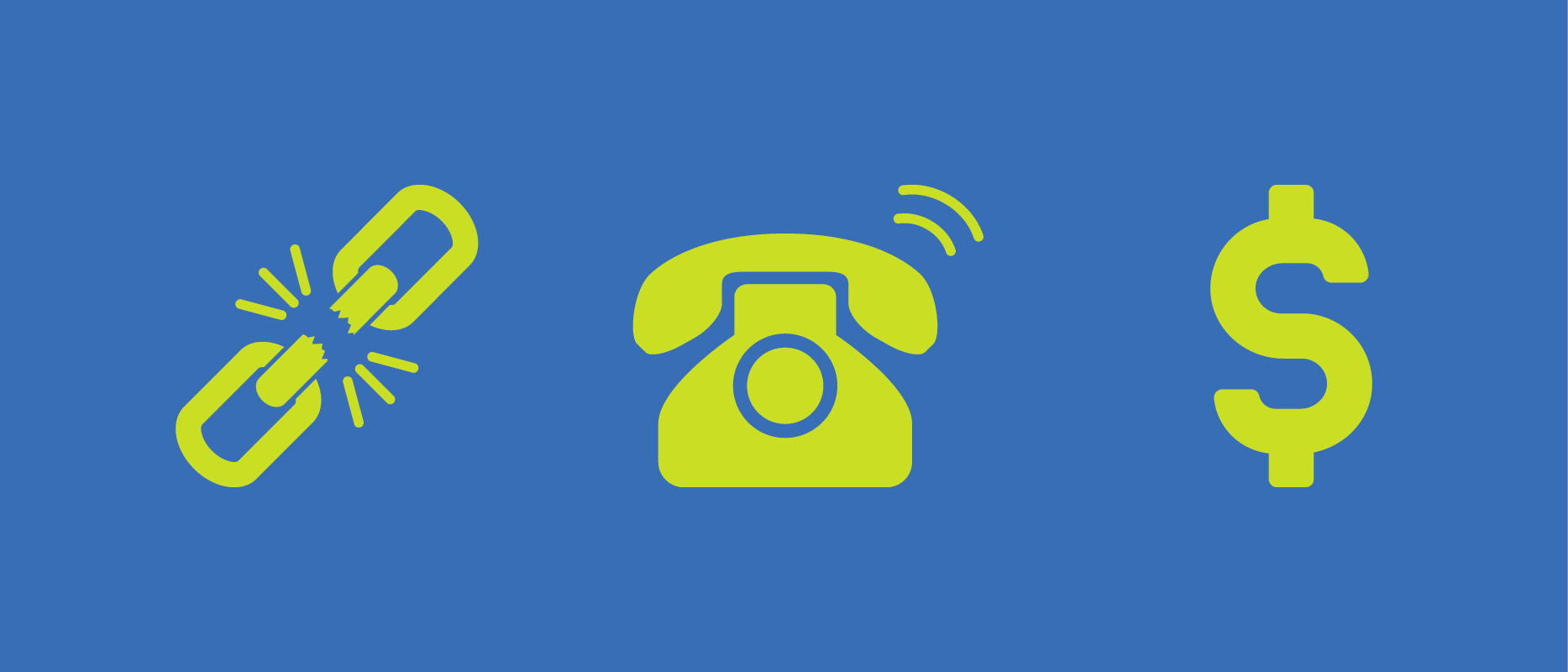
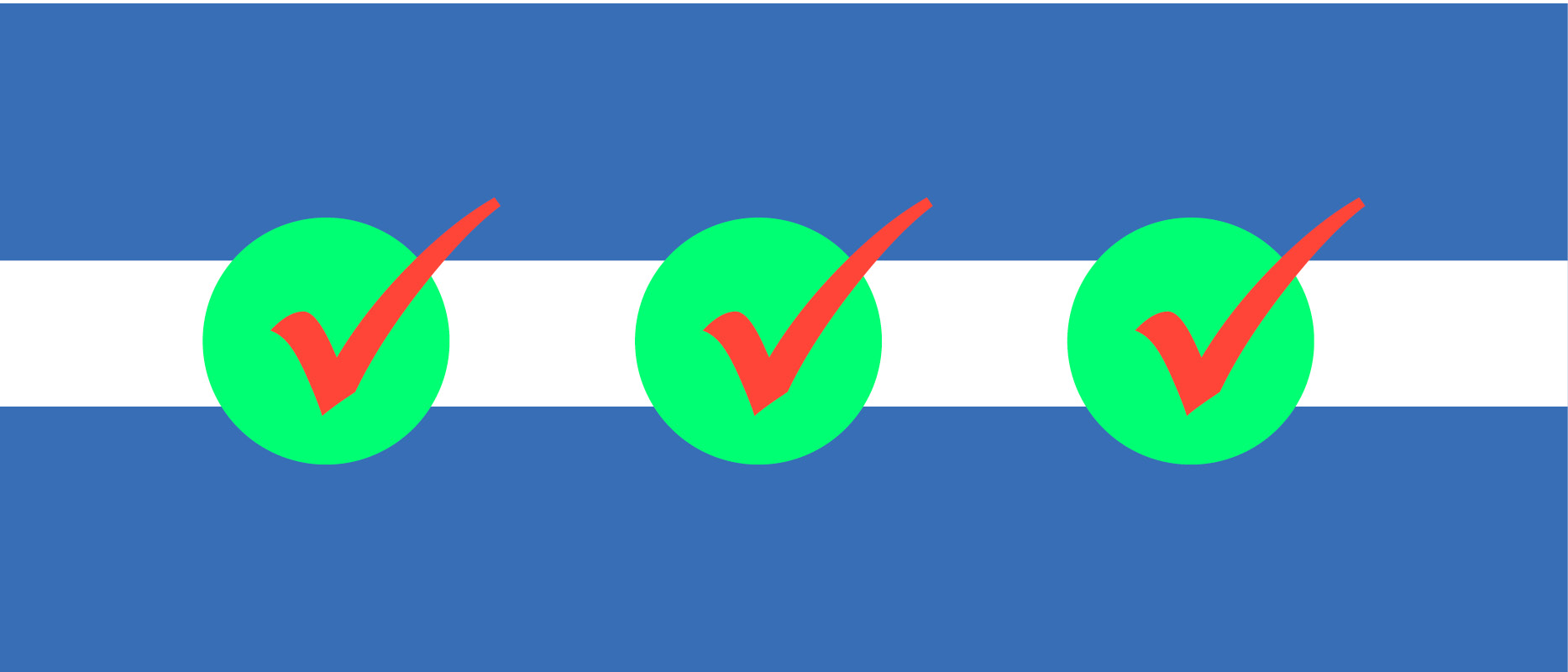
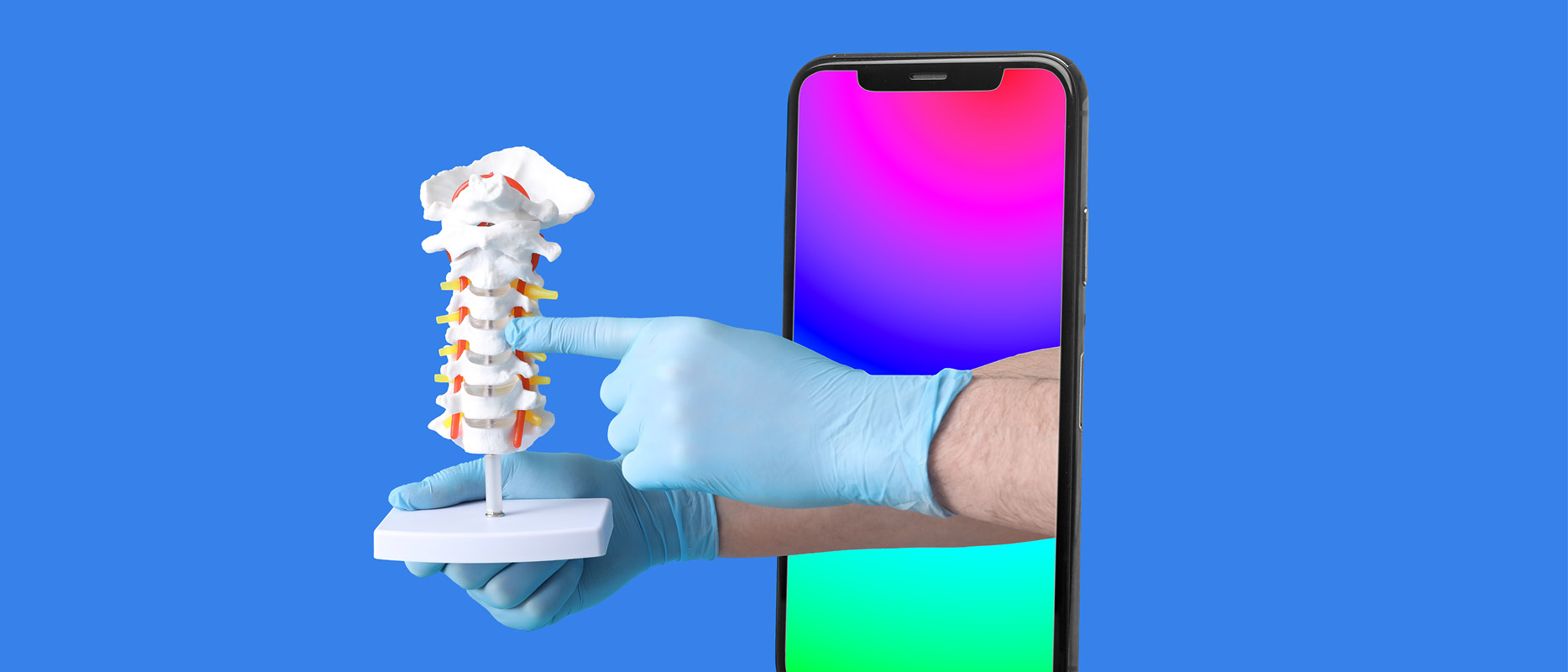

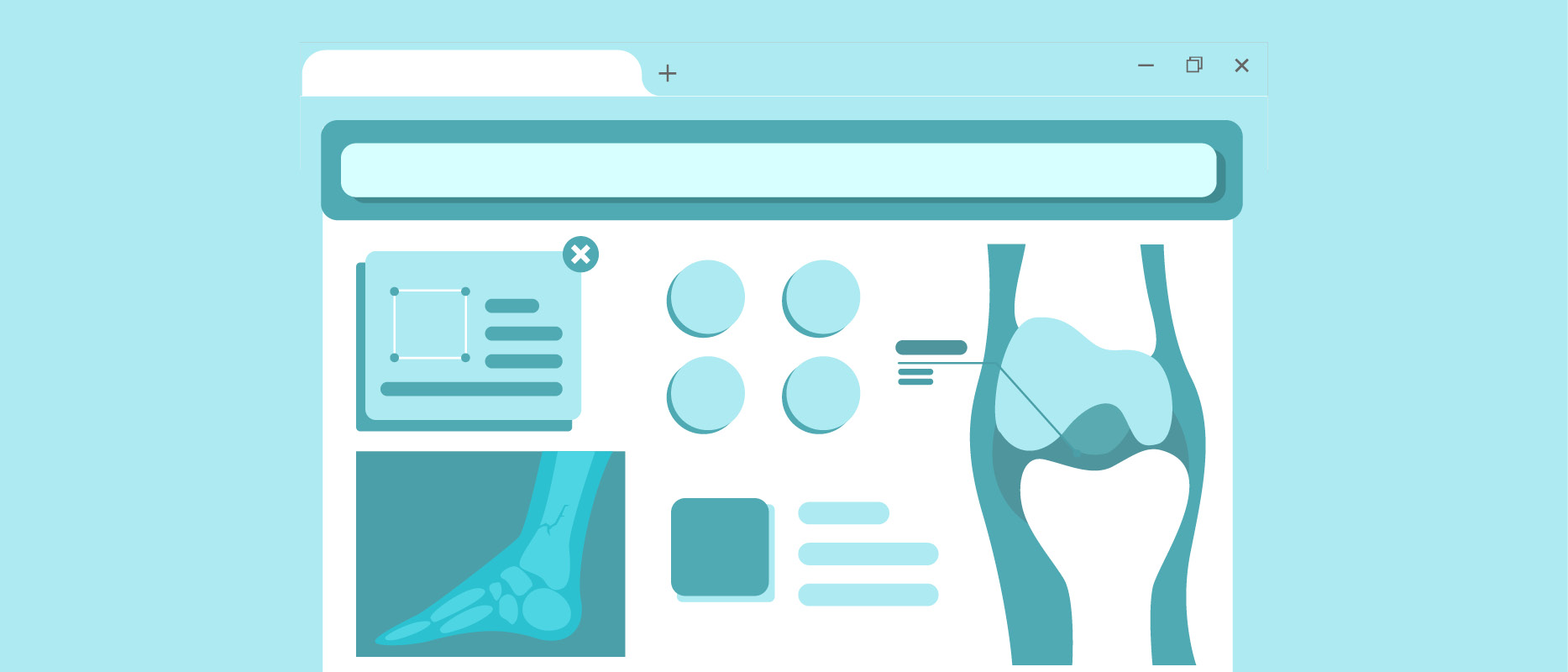
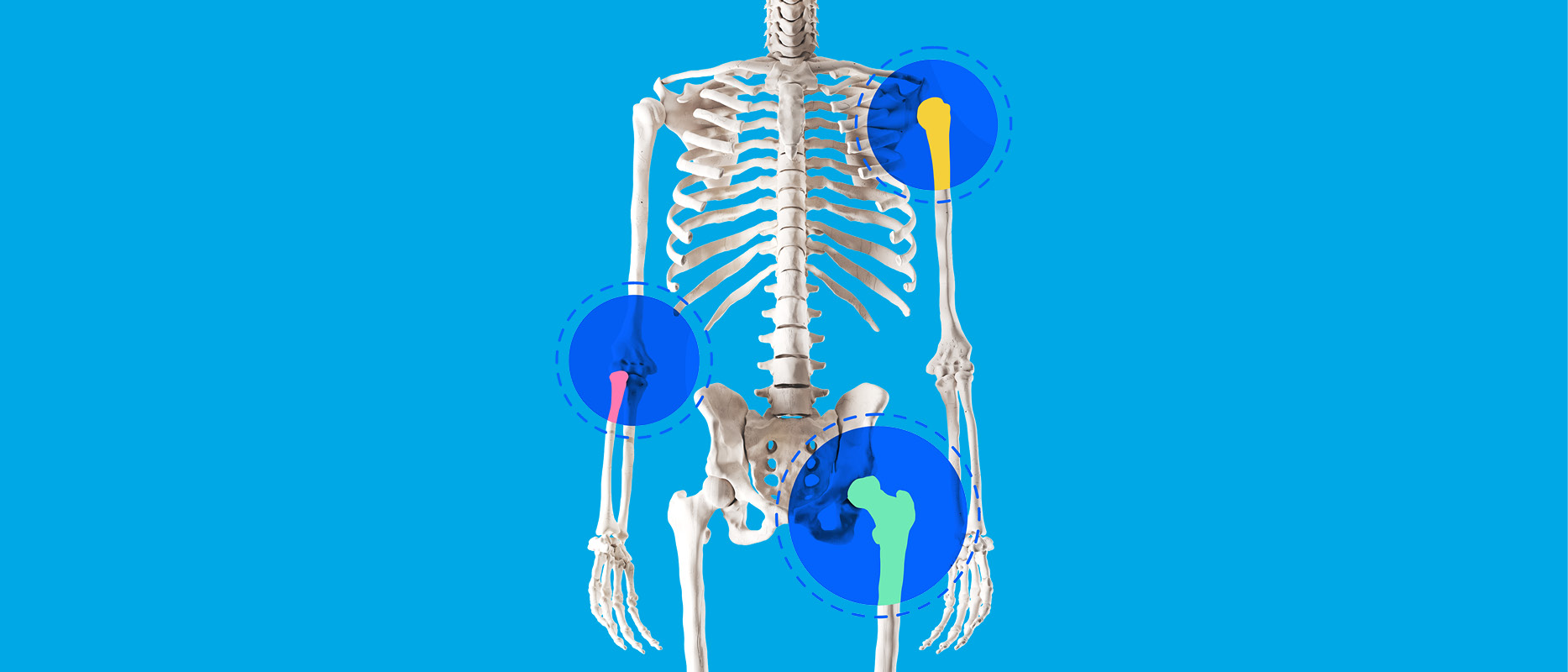


 Ad Choices
Ad Choices